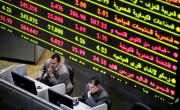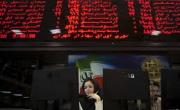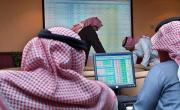Petrobras Regains Market Favor; Now Comes the Hard Part
After years in the financial wilderness because of its mounting debt and widening corruption scandal, Petróleo Brasileiro is showing signs of recovery.
In late April the giant state-owned oil company issued a long-delayed fourth-quarter 2014 earnings report and sought to draw a line under its troubles by taking a 44.6 billion real ($14.1 billion) write-down for overvalued assets and an additional 6.2 billion reais for costs related to the alleged graft. “We have made our best efforts to turn the page on this sad chapter that the company has passed through,” chief executive Aldemir Bendine, who came on board in February, told reporters after the announcement.










